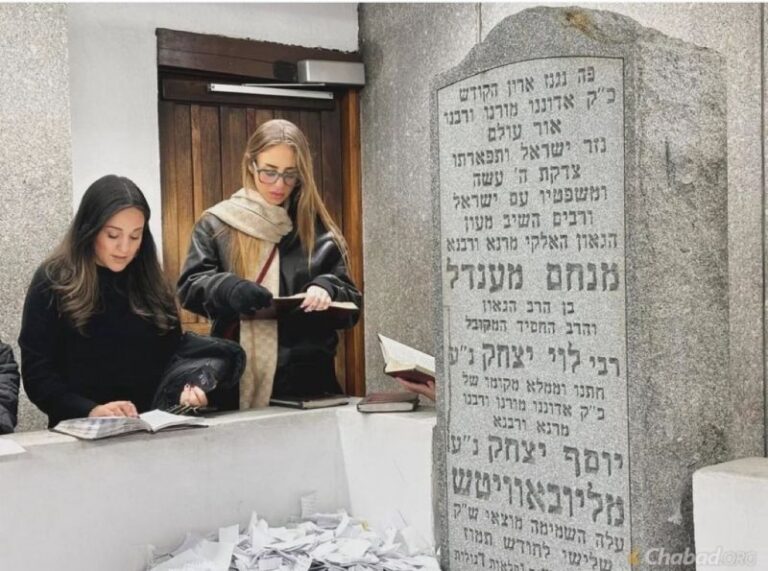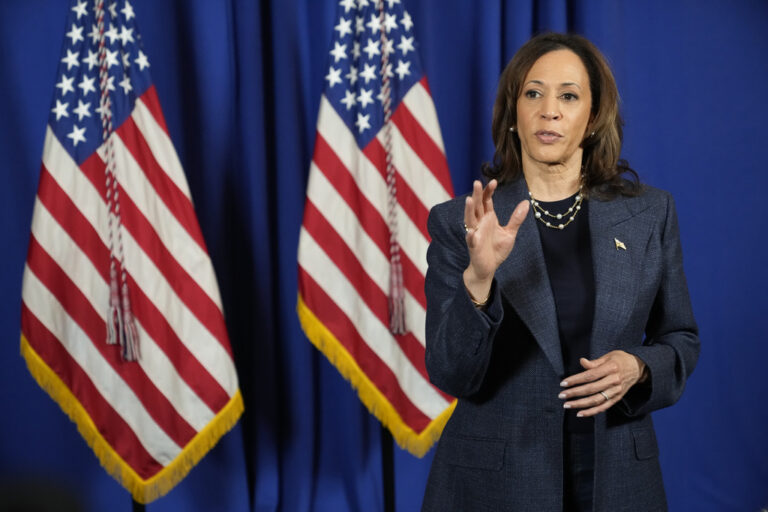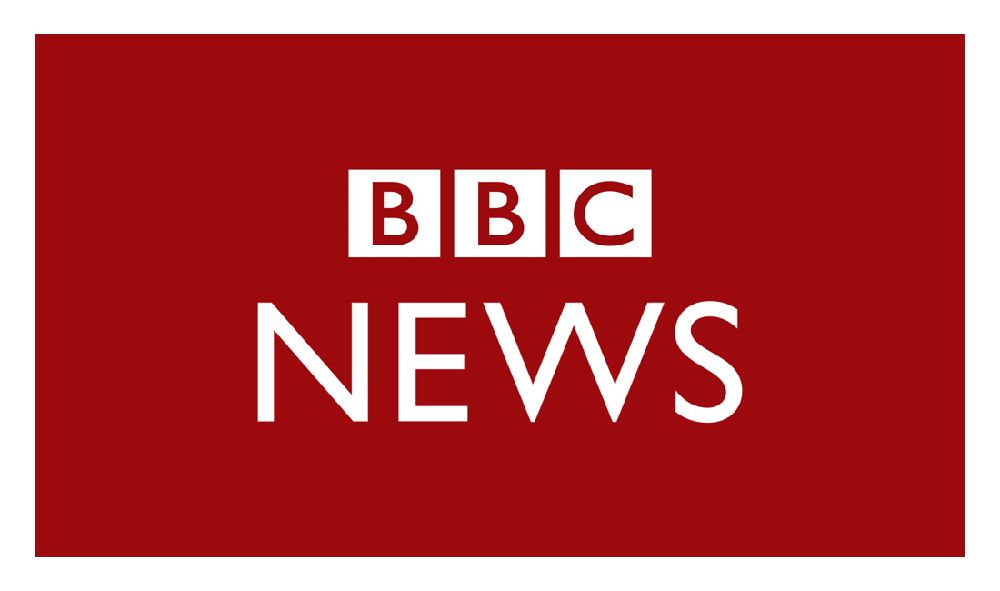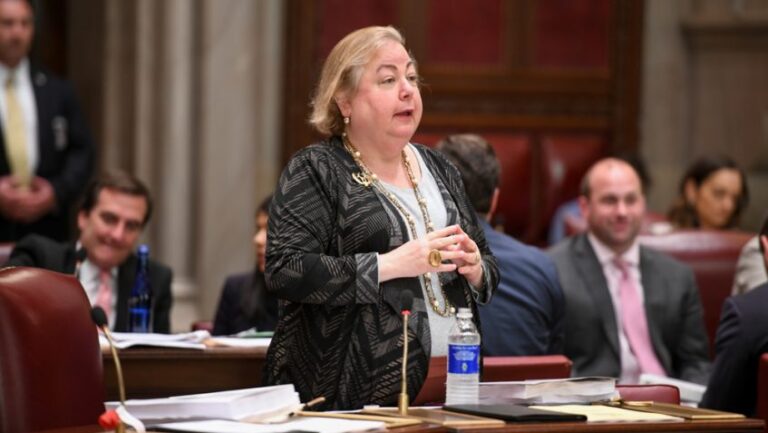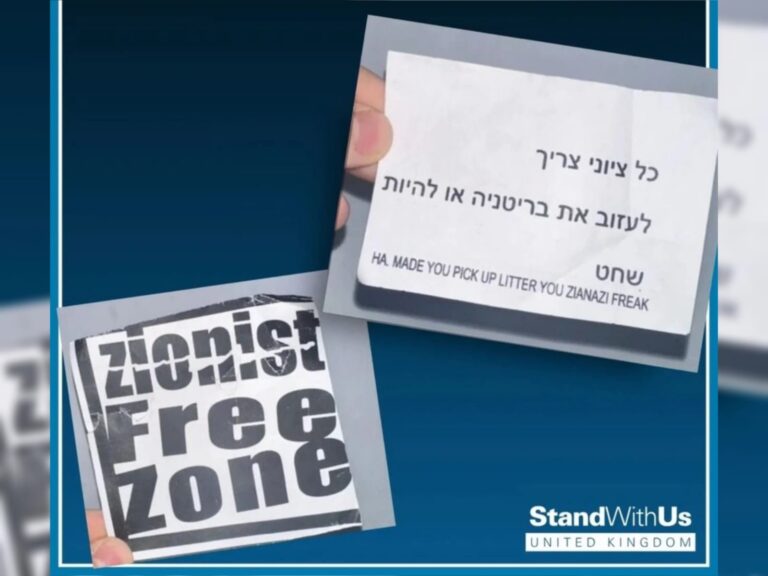 The first session of the Guantanamo Bay war crimes tribunal under President Donald Trump may have hit a snag.
The first session of the Guantanamo Bay war crimes tribunal under President Donald Trump may have hit a snag.
A pretrial hearing in the Sept. 11 terrorism case scheduled to start Wednesday and run through next week could be postponed because the lead attorney for one of the five defendants was unable to make it to the U.S. base in Cuba after breaking her arm in Washington over the weekend.
The attorney, Cheryl Bormann, is an experienced litigator from Chicago who represents Yemeni defendant Walid bin Attash. She apparently fell while walking.
In a typical case, her duties could be handled by another lawyer on his defense team. But Bormann is the “learned counsel,” a position that requires specialized experience in capital cases and is required for each defendant in the Guantanamo tribunals under a revamping of the hybrid military commission legal system passed by Congress and the Obama administration in 2009.
Prosecutors believe there are still some matters the court can take up and asked the judge, Army Col. James Pohl, to go ahead with the session. But defense lawyers see legal pitfalls in proceeding without Bormann in a case that has been hobbled by repeated setbacks and delays since the May 2012 arraignment.
Attorney Walter Ruiz, who represents Saudi defendant Mustafa Ahmad al-Hawsawi, said he thinks Pohl should halt the proceedings but predicted the judge would find a way to take up at least some matters on the docket.
“I do get a sense from him that he’s feeling pressure to move these proceedings forward,” Ruiz said.
A complicating factor is that bin Attash has not been cooperating with Bormann, who returned to Chicago for medical treatment after the accident in Washington. The defendant has previously sought to dismiss her from his legal team but was told he couldn’t by the judge unless he wanted to represent himself.
This week’s session was supposed to largely focus on efforts by the defense to push for access to evidence, much of it classified as top secret, gathered by U.S. authorities against the men accused of planning and aiding the Sept. 11, 2001, attacks.
The defendants include the self-proclaimed mastermind of the attacks, Khalid Shaikh Mohammad, a Pakistani national. All five could get the death penalty on charges that include terrorism and nearly 3,000 counts of murder in violation of the laws of war.
The chief prosecutor, Army Brig. Gen. Mark Martins, has proposed at least going ahead with a closed deposition with Lee Hanson, whose son, daughter-in-law and granddaughter were killed in the plane used by hijackers to crash into the south tower of the World Trade Center.
Hanson, who testified in the 2006 trial of would-be hijacker Zacarias Moussaoui, is expected to describe details about the attack from a final phone call he had with his son, Peter, from the plane. Prosecutors are seeking to preserve the testimony because Lee Hanson is now in his 80s and the government fears he may not be around when the Sept. 11 case finally goes to trial at Guantanamo.
Martins told reporters that he believes that jury selection could start in March 2018. But attorney Jim Harrington, a Buffalo, N.Y.-based lawyer for Yemeni defendant Ramzi bin al Shibh, said “sometime in 2020” is more likely given the huge amount of work to be done evaluating evidence and resolving many procedural issues.
“It’s unrealistic to think that we could begin next year,” Harrington said.
(AP)

